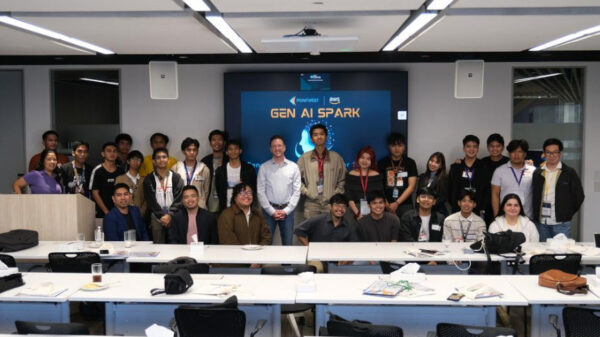Established in 1998 after the passage of the Oil Deregulation Law in the Philippines, SEAOIL Philippines used to rely on an Oracle enterprise resource planning (ERP) system to manage its accounting, supply chain, procurement and other processes that supported the haulage of fuel from ships and supply from depots to a network of distributors, retailers and commercial customers. But – in a statement released by the company via Amazon Web Services (AWS) – the aging Oracle E-Business Suite–based system that it used on a single server for six years was failing to meet business requirements for performance and availability during peak periods.
“Often on Fridays, I would be notified that the system was down,” Glenn Mendoza, vice president of IT for SEAOIL, was quoted as saying. More specifically, the existing infrastructure could not support forecasted growth. And so migration became a necessity.
For SEAOIL, the solution to its problem came in the form of the cloud, as it was determined that other options would still require the business to devote time to managing infrastructure.
And with this realization came AWS. Particular to SEAOIL was the engaging of AWS partner Seer Technologies that helped the company set up an AWS architecture and manage operations and knowledge transfer. This architecture operates within an Amazon Virtual Private Cloud (Amazon VPC) to isolate AWS resources from external parties and comprises Amazon Elastic Compute Cloud (Amazon EC2) instances with Amazon Elastic Block Store (Amazon EBS). Amazon EBS provides block store and AWS Identity and Access Management (IAM) manages role-based access to applications and resources.

“We think that in due time every company will move to the cloud,” Mai-Lan Tomsen Bukovec, VP and GM of Amazon Simple Storage Service (Amazon S3), AWS, said to Upgrade Magazine, with “cloud lowering the barriers (to allow us to do) things we thought we can’t do.”
With the shift to cloud – in this case, AWS – SEAOIL noted a range of benefits from running its applications such as the Oracle E-Business Suite in an AWS infrastructure, including greater flexibility; process improvement on issues concerning new projects, bug fixes, ticketing issues, and reporting requirements; agility, with the provisioning of new environments reduced from six weeks to a week; improved reliability with new capabilities such as on-demand scaling; and availability levels are running well above 99.5%.
For Mai-Lan Tomsen Bukovec, VP and GM of Amazon Simple Storage Service (Amazon S3), AWS, these are only some of the reasons why companies are moving to cloud. “We think that in due time every company will move to the cloud,” she said to Upgrade Magazine, with “cloud lowering the barriers (to allow us to do) things we thought we can’t do.”
More importantly for Bukovec, however, is that “those that move (to the cloud) now will have an advantage,” she said, adding that customers are actually already cognizant of this.
According to Bukovec, in her encounters with businesses, “customers’ stories are similar everywhere. We are not a tech company; we’re a service company. But we need tech to grow.” This highlights that “tech may not be the core competency of companies.”
But for Bukovec, “this is okay. We (just) have to make tech accessible.”
And this is where the likes of AWS enter the picture, offering tech solution in the cloud.
Cloud, Bukovec said, “lowered the cost of accessing tech” so that companies can focus on “what they do best – to offer the services they’re good at.”
And here, SEAOIL is serving as an example.
Following its cloud adoption, SEAOIL recorded a 20% reduction in total cost of ownership for its application layer compared to running the application in an on-premises infrastructure. This does not include on-premises costs, including data center power, cooling, and real estate. The company is also able to “spin up new resources in minutes”, with Mendoza saying that “we can now deliver new environments at least six times faster than in our on-premises data center.”
Not surprisingly, SEAOIL is now extending its AWS architecture beyond its ERP system, eyeing to “integrate payment information with customer information, and present a portal to the customer showing their transaction history”, with this portal also being developed in AWS.
“There’s tremendous opportunity for those who move to cloud,” Bukovec ended.



















































































































